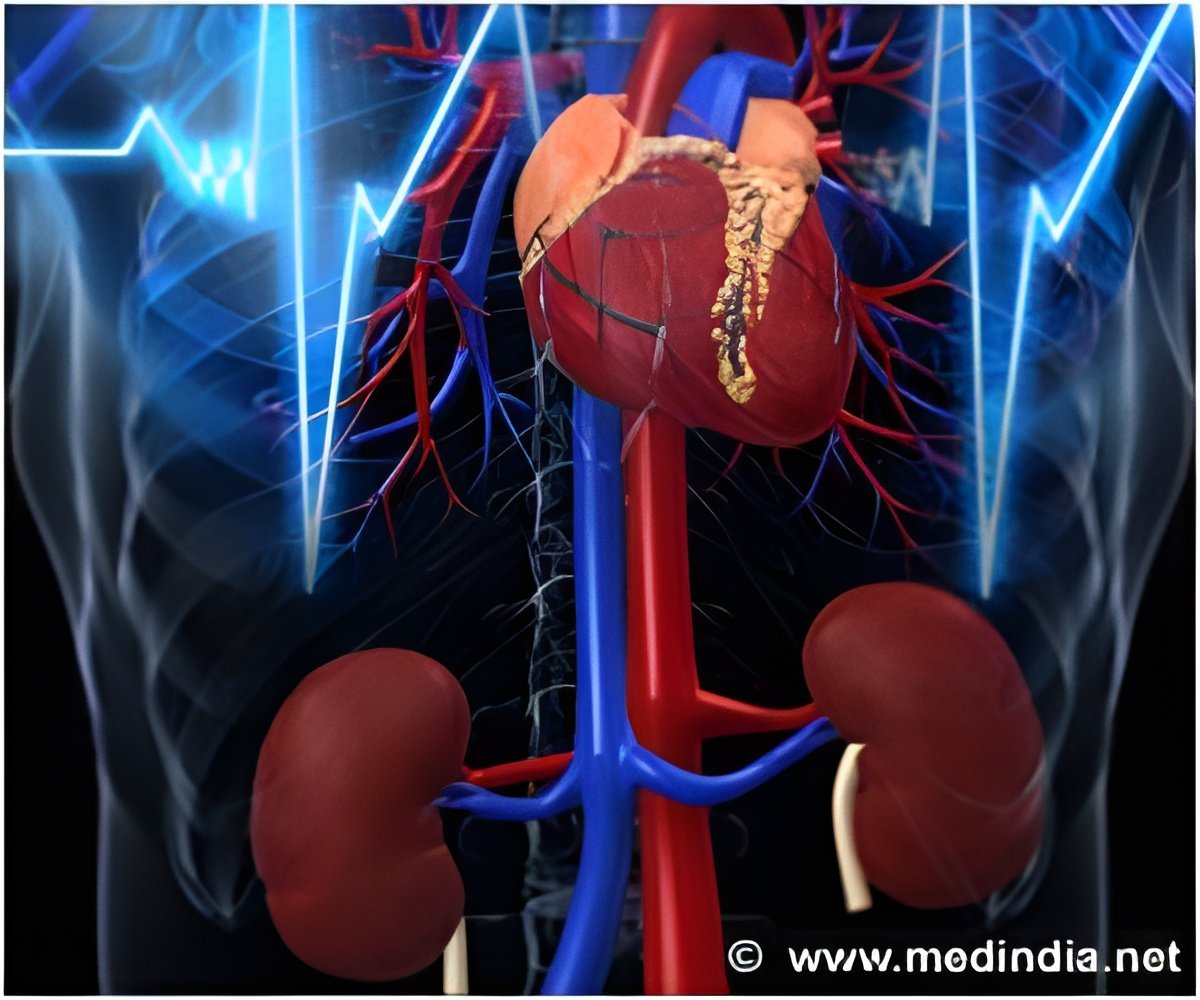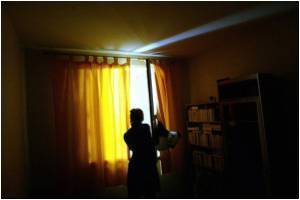Data presented at EULAR 2013, the Annual Congress of the European League Against Rheumatism, demonstrate a high prevalence of NSAID prescriptions in patients at risk of ischaemic heart disease (IHD).

NSAIDs are used to relieve pain and signs of inflammation, such as fever, swelling and redness. Although they can be taken temporarily to provide short-term relief, they are commonly prescribed for the chronic treatment of rheumatic patients in primary care.
Dr Carl Orr, Department of Medicine, Royal College of Surgeons, Dublin, Ireland commented, "The side effect profile and safety of NSAIDs has been commonly reported, but little is known about treatment duration and its implications for cardiovascular risk. These data demonstrate an immediate increase in the risk of death and MI, challenging the safety of even short term use. The introduction of physician guidelines to assist safe prescribing of this class of drug is vital, and the only way to keep patient safety at the forefront of disease management."
Software was used to analyse 10,000 patients registered with a large primary care facility; patients over 50 years, who had been prescribed NSAIDs for any duration, and had documented IHD, diabetes mellitus and/or hypertension were identified. Over a two month period in late 2012, 108 patients were prescribed NSAIDs; 36% had established ischaemic heart disease or risk factors for cardiovascular disease. Mean duration of treatment was 265 days, 56% were prescribed NSAIDs for longer than one month, and 15% for a year or longer. In 56% of cases diclofenac was the NSAID prescribed.
"We find it disconcerting that diclofenac was prescribed in 56% of cases and suggest that recommendations to switch to safer alternatives are a critical component of any physician guidelines," concluded Dr Orr.
Source-Eurekalert















